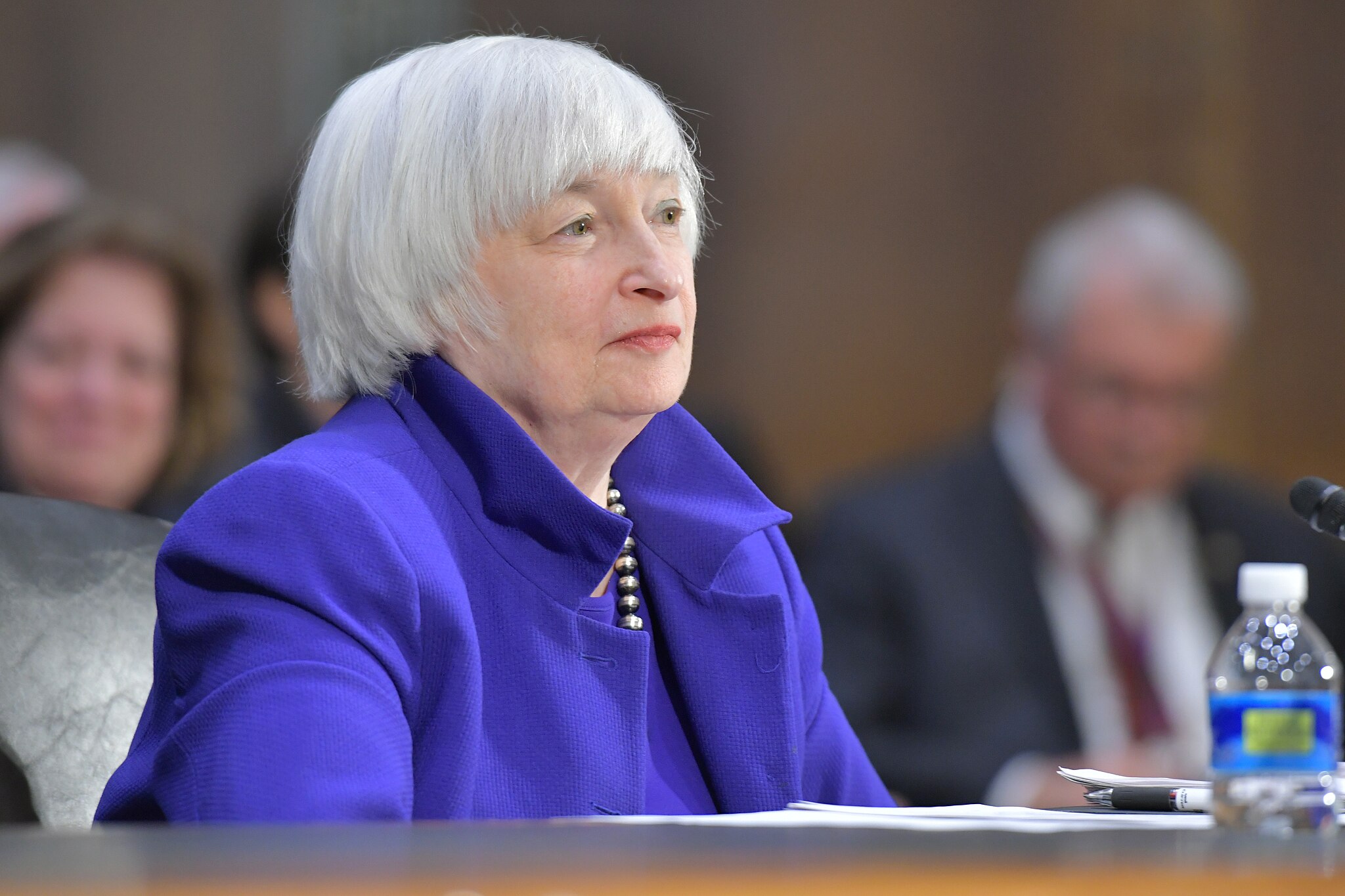Treasury Secretary Janet Yellen’s recent declaration that the US opposes the proposal for a global wealth tax on billionaires marks a significant development in the international economic landscape. This stance, rebuffing a suggestion from Brazil, France, and other nations, holds far-reaching implications for global wealth distribution and taxation policies.
Brazil assumed the rotating presidency of the Group of 20 major economies this year, urging the organisation to adopt a unified strategy for taxing the ultra-rich. This call follows mere months after over 250 billionaires and millionaires advocated for imposing taxes on their extreme wealth to tackle economic inequality.
With one of the world’s largest populations, Brazil spearheads the push for a global wealth tax. Finance ministers from Brazil, France, Spain, Germany, and South Africa have proposed an annual tax of 2 per cent on billionaires’ net worth to combat tax evasion and ensure equitable contributions from the ultra-wealthy. This proposal mirrors wealth tax policies already implemented in countries like France and Spain, aimed at addressing wealth disparities.
Advocates argue that redistributing wealth from the affluent to the broader population would help narrow the widening wealth gap. However, according to The Wall Street Journal, Yellen, slated to meet with finance ministers from the Group of Seven industrialised nations, expressed the Biden administration’s opposition to the idea.The US’s resistance stems from concerns that a global wealth tax might deter investment, prompt capital flight, and potentially impede economic growth.
Nonetheless, proponents contend that it could serve as a source of funding for social programs and alleviate wealth inequality. Yellen emphasised the US’s belief in progressive taxation but raised reservations about a one-size-fits-all global tax on billionaires, citing potential pitfalls such as double taxation and adverse impacts on investment and economic growth.
In contrast to most countries’ taxation based on residency, the US employs a ‘worldwide taxation’ policy, subjecting its citizens living abroad to taxation. Even if wealthy Americans relocate to low-tax jurisdictions, they are still obligated to file tax returns with the IRS, potentially exposing them to both US and foreign taxes.
Yellen previously advocated for a global minimum corporate tax in 2021 to prevent multinational corporations from shifting profits to low-tax countries. However, facing Republican opposition, the proposal for a 15 per cent minimum tax rate in countries where companies operate wasn’t enacted, underscoring the challenges of global tax coordination.
The Biden Administration’s dismissal of proposals for an ‘ultra-millionaire tax’ from the progressive faction of the Democratic Party, notably Senator Elizabeth Warren (D-Mass.), reflects the diverse perspectives within the party.
Warren’s proposed tax would impose a 2 per cent annual levy on households with a net worth exceeding $50 million, escalating to 6 per cent on wealth surpassing $1 billion. This contrasts starkly with the White House’s proposal for a steeper tax plan, where individuals with a net worth exceeding $100 million would face a 25 per cent annual tax on all income, including unrealised capital gains.
An analysis conducted in 2019 projected that the wealthiest 400 households in America faced an average tax rate of approximately 23% in the preceding year. IRS data from 2021 revealed that the top 1 per cent of taxpayers accounted for 45.8 per cent of federal income taxes, illustrating a concentrated income tax burden among high earners. Compared to 2020, there was an increase in tax contribution from top earners, indicating a growing concentration of income tax burden among high earners.
IRS data from 2021 showed the following:
- The top 1 percent of taxpayers paid 45.8 percent of federal income taxes.
- The top 5 percent of earners paid 65.6 percent of total income taxes.
- The top 10 percent of earners paid 75.8 percent of all income taxes.
This shows a growing concentration of income tax burden among high earners. Compared to 2020:
- The top 1 percent paid 3.5 percentage points more (42.3 percent in 2020).
- The top 5 percent paid 2.9 percentage points more (62.7 percent in 2020).
- The top 10 percent paid 2.1 percentage points more (73.7 percent in 2020).

